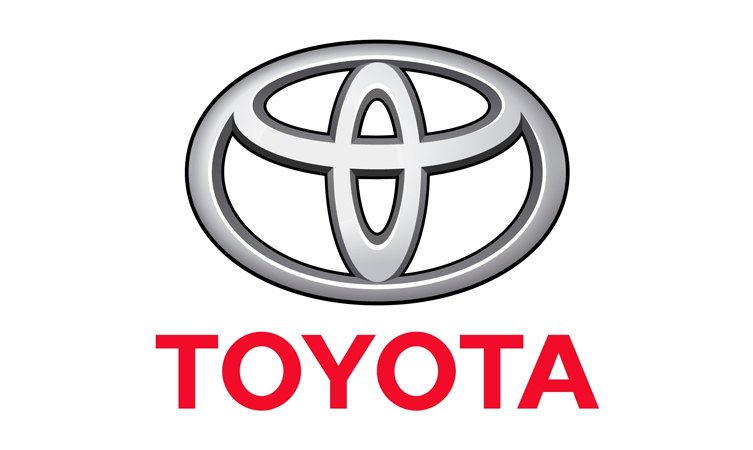
Toyota has revealed a new Lexus concept car designed to travel approximately 1,000 kilometers (620 miles) on a single charge.
The auto leader plans to launch this vehicle by 2026, aligning with Toyota’s strategic shift towards electric vehicles powered by advanced battery technology.
The PUNCH gathered that most standard EVs on the market usually offer a range between 150 to 370 miles (240 to 595 kilometers) on a full charge.
The LF-ZC’s extended range is a significant advancement because it allows for much longer journeys without needing to recharge, making it more practical for everyday use and long-distance travel.
The LF-ZC concept car showcased at the Japan Mobility Show recently, is equipped with state-of-the-art “prismatic, high-performance” batteries, the auto giant noted in a statement.
The Chief Branding Officer of Toyota, Simon Humphries said, “The key to achieving these breakthroughs is parts minimalisation and reduction across the board, including smaller, more efficient batteries with more power and more range.”
It aims to sell vehicles powered by solid-state batteries – considered a potential “game changer” for the industry because of their range and performance – by 2027 or 2028.
The auto firm revealed that the core of this innovation lies in Toyota’s collaboration with Idemitsu Kosan to develop sulphide solid electrolyte, a vital component that significantly enhances the durability and performance of solid-state batteries.
Toyota’s breakthrough couldn’t come at a more pivotal moment. With the global push for eco-friendly transportation solutions intensifying, spurred by concerns about climate change, Toyota’s innovation aligns seamlessly with these ambitions.
The Nigerian government recognises the urgent need for electric vehicles to address transportation’s 62 per cent contribution to Nigeria’s greenhouse gas emissions.
According to the National Automotive Design and Development Council, Nigeria has renewable energy and natural resources to power EVs, such as lithium for the batteries and petrochemicals for producing composites that the vehicles need.
President Bola Tinubu has affirmed many times that adequate energy and electricity, specifically, is to be treated as the topmost national economic imperative, if Nigeria must develop and maximise her human and natural resources.





